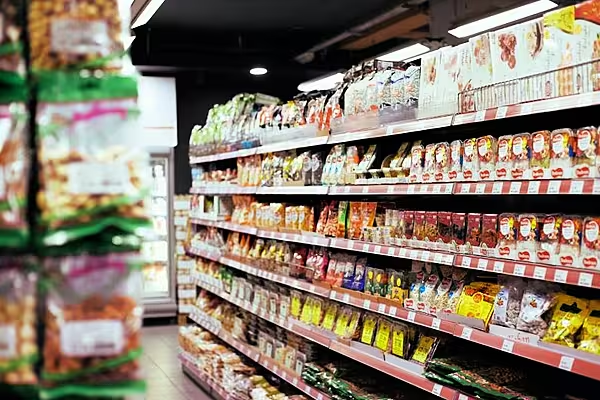In the second quarter of 2016, Walmart's British supermarket chain chalked up a dismal 7.5% drop in same store sales, the worst performance in its half-century history. Fast forward to 2017, and Asda has reported its first like-for-like sales growth for three years.
New CEO Sean Clarke has got back to retail basics, cutting prices and improving the quality of products. Just a glance at the selection of food and gifts for the coming Christmas season shows the supermarket is back in the game.
But the 1.8 % rise is inflated by three things: first, Easter. Excluding the holiday, same store sales growth was only 0.7%. Second, food price inflation, which has boosted all British supermarkets' top lines. Asda says that excluding this, same-store sales were still positive. Third, margins have been sacrificed to boost sales.
Competition
The headwinds are building. German discounters Aldi and Lidl are showing no signs of slowing their store openings, a key way of winning new customers. British peers aren't easing up their assault either: Tesco's 3.5 billion-pound acquisition of Booker will boost its buying power.
Walmart could decide to expand in the UK, and join in the consolidation sweeping the sector. It's already considered an offer for B&M European Value Retail SA, the discounter chaired by former Tesco boss Terry Leahy, according to The Sunday Times.
But the deal would be expensive and wouldn't help Asda to improve its core grocery offering. Asda's previous foray into standalone non-food stores fizzled out: in the late noughties its ambition was to have 150 such outlets. Today it has 33.
It's clear Asda is past its 2016 nadir - even if one quarter of positive same store sales doesn't change the fact that Asda is still in a tight spot. For the next 12 months, at least, comparisons with the year-earlier period should be easy because trading had been so weak.
With competition from Amazon intensifying in the US, there is even less reason for Walmart to want to be distracted by a troublesome foreign outpost. Asda's better trading - if sustained - might even make a disposal more likely.
After all, no-one wants to sell at the bottom.
News by Bloomberg, edited by ESM. Click subscribe to sign up to ESM: The European Supermarket Magazine.














